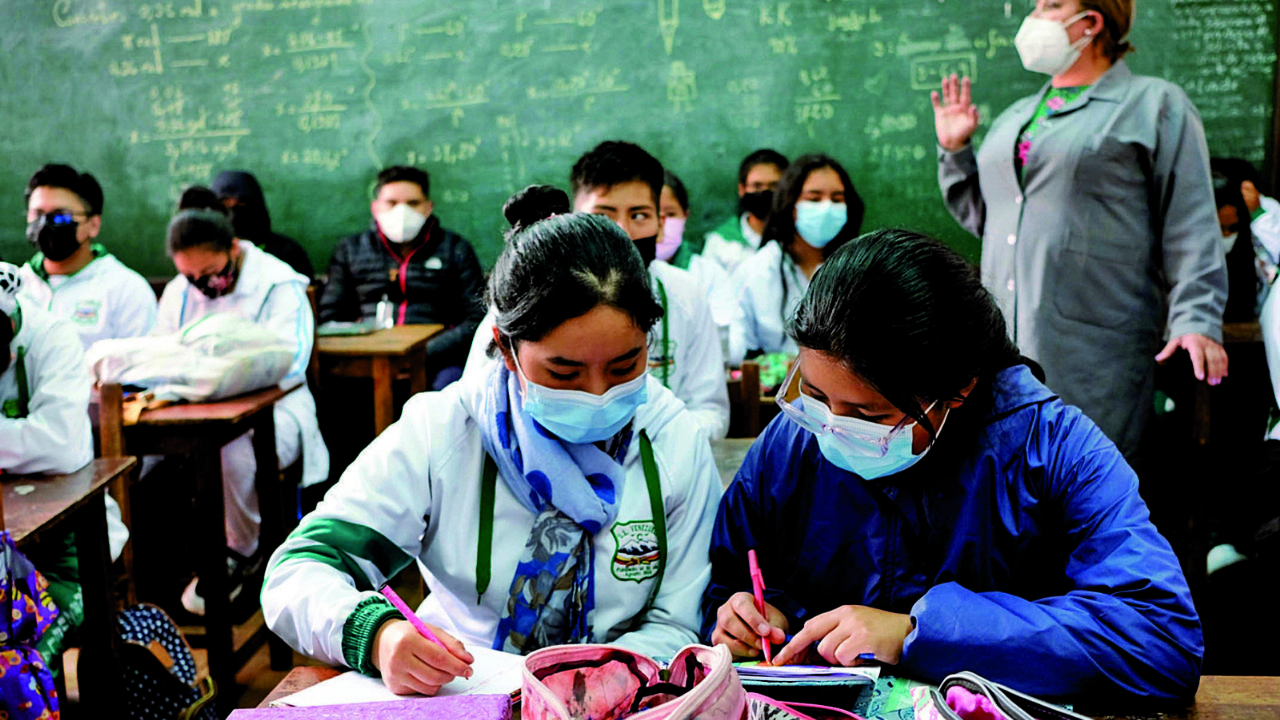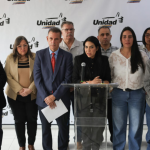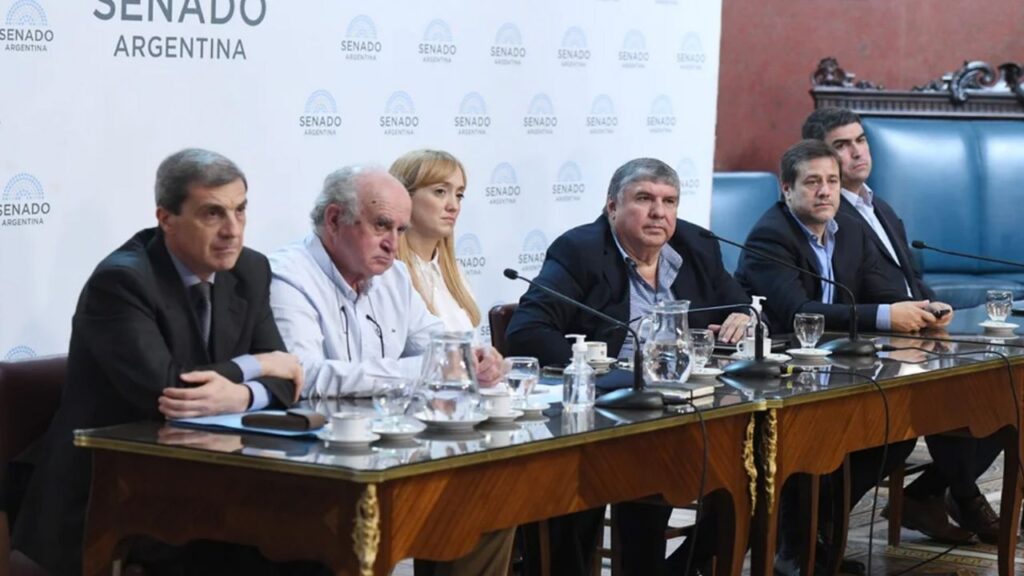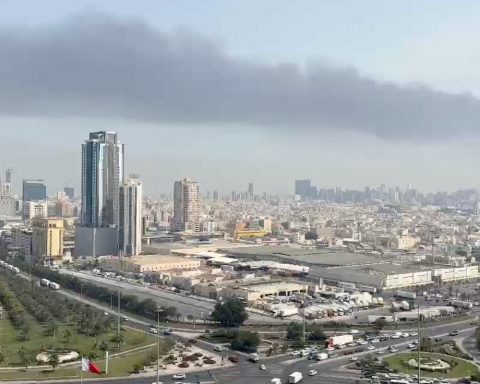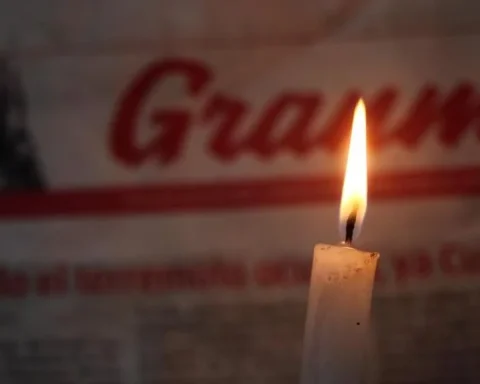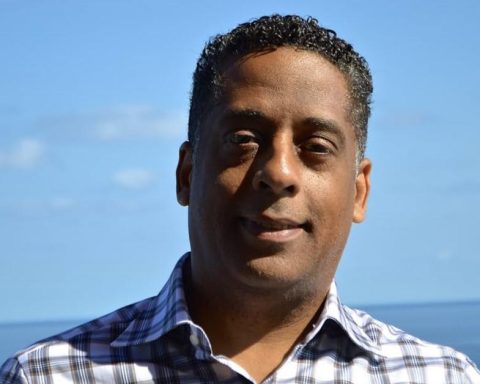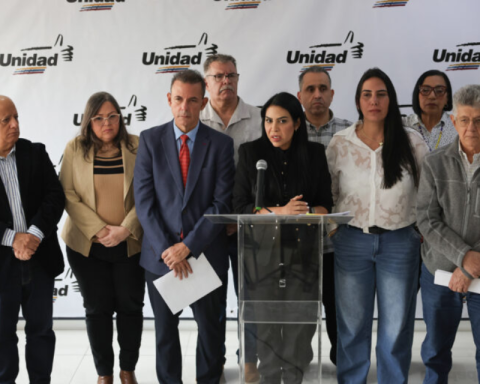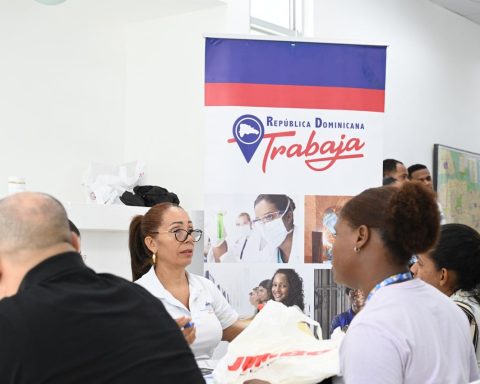Veronica Zapana S./ La Paz
The Plurinational Observatory of Educational Quality (OPCE) has been in force for 10 years and did not carry out evaluations during all that time. It is supervised by social movements.
“Law 070 of Education Avelino Siñani-Elizardo Pérez was enacted in 2010 and the following year (2011) the OPCE was created, that is to say that there are already 10 years of work,” the director of the decentralized institution of the Ministry told Página Siete. of Education, Roberto Mamani.
The authority explained that during that decade at least four directors passed: Vidal Coria, María Martínez, Juan José Quiroz and Franks Hochkofler, but during that time “no evaluation was made” of educational quality. “There have been attempts, but no large-scale measurement has been made,” he added.
Mamani said that to carry out an evaluation, one must go through different phases. The first is the development of instruments for evaluating educational quality, the second is the piloting process, the third is the validation of the piloting, which is carried out by experts, and the evaluation with a representative sample that must have the support of institutions of the State.
A former OPCE official – who preferred to keep his name confidential – said that until 2019 an evaluation was carried out with the support of external institutions because there was no budget and it is not known what was done with its results.
The OPCE has been in existence for 10 years and this 2022 is on its way to turning 11. It is a decentralized institution of the Ministry of Education and has its own facilities. It has 18 employees, five of them are teachers with a dual profession (psychologists and pedagogues), in addition to the executive director of the institution. “That is the multidisciplinary team that is in charge of carrying out the projects.”
The rest of the officials are the administrative staff, such as an auditor, a secretary and a doorman, among others.
The pedagogue and coordinator of the Bolivian Center for Education and Educational Actions (Cebiae), Israel Lahor, indicated that “10 years without evaluation of education is too long a period” and argued that at this time, at least they should have done at least two diagnoses because that would help to identify what has improved and what shortcomings education has.
A few days ago, the head of Education of the United Nations Children’s Fund (UNICEF), Lina Beltrán, indicated to Página Siete that it is appropriate to measure educational quality every three years. , as established by international parameters. For this reason, the expert indicated that it is important that a measurement be carried out “as soon as possible.”
The director of the Educational Sciences career at the Universidad Mayor de San Andrés (UMSA), Mario Zárate, considers that no progress was made in an evaluation because “there was a conception of educational quality that was different from that used by international standards, and that is a limitation”, and attributed this situation to political interests. He indicated that “we must open up to know what the level of education is for Bolivia.”
Supervision of sectors
Mamani, director of the OPCE, said that this evaluation is obviously important; For this reason, during his management -which began in 2021- Bolivia is heading for this measurement. He indicated that last year a pilot test was already carried out in 302 primary educational units. The courses evaluated were third and fourth level.
In addition, this work was done in 87 secondary education units of fourth and fifth of that level. “We will present the results to the Ministry of Education”, said Mamani and assured that recommendations will also be given to improve some aspects.
Mamani said that when the OPCE approves the evaluation plan, the project must go to the Consultative Council, which is made up of a professional representative of each of the social organizations: such as the Csutcb, the Conamaq, the Intercultural, the Bartolinas, the rural confederations and the urban teachers of Bolivia.
Thus, the sectors will know the project and see if it is well prepared. “They follow up on our planning to see if our plan is well prepared,” Mamani said.
The plan is then passed to the board, made up of the education, culture and planning ministries, which are in charge of approving the projects, he added.
“Once approved, the plan is executed,” said Mamani, explaining that the evaluation of educational quality in primary and secondary education is expected to be carried out in 2023.
According to Zárate, “it is very worrying” that social organizations supervise the work of the OPCE. “Those who should be doing this task are supposed to be education experts who have no relationship with the government, so the analysis will be even more critical,” he added.
Lahor indicated that it is good that this work is carried out hand in hand with social organizations, but they should not supervise, but (should be) co-managers so that “from the experience in their territorial spaces” they contribute to the changes in education. “How do they see education, if they feel that there have been changes with the educational law”, because “there are different ways of seeing the classroom”, he maintained.
He added that it is good that the teaching profession is part of this Council, since through their experience the reality of education can be exposed, but he clarified that “the bad thing is that they will become between judge and party when measuring the quality of The education”. He requested that the magisterium be self-critical of the methodology of its teaching. Zárate indicated that UMSA will also make an evaluation of Bolivian education in 2023.
About the OPCE
- Creation The Plurinational Observatory of Educational Quality was created in 2011.
- director The executive director is chosen from a list of three by the Ministry of Education and his administration must last three years.
- Worked The Advisory Council is made up of a professional from four social organizations and one from the Urban and Rural Confederation. They do not receive salary.
- meetings The Advisory Council must meet to show the guidelines and work carried out to carry out an evaluation.
- directory The Ministries of Education, Planning and Cultures meet twice a year with the OPCE to approve the work plans of this institution.
No progress was made because there was a conception of educational quality different from international standards
Mario Zárate, director of Educational Sciences UMSA
2011
IT WAS THE YEAR
creation of the Observatory
Plurinational Quality
Educational (OPCE)
Experts contradict Evo Morales and see that the return to PISA is urgent
“The main benefit is that by re-entering a more global system, our education system will also be recognized in different parts of the world,” said the coordinator of the Bolivian Center for Educational Research and Action (Cebiae), Israel Lahor.
That means -according to Lahor- that when entering that world system little by little the educational system will be accredited. “(Thus) it will open more doors, more scholarships, more spaces for university education and other aspects,” he added.
The rector of the Universidad Mayor de San Andrés (UMSA), Óscar Heredia, said: “If we equal ourselves in international standards and are recognized in this field, we will have the possibility of accessing the labor market and educational spaces in the same conditions as those who they are part”. He indicated that these tests will determine the situation in the country and “if students are limited in some areas.” “With this they will seek to improve those shortcomings.”
In April, former President Evo Morales said that “education is a right, not a business.” “Alerts against requests to the Ministry of Education and Planning for Bolivia to enter the OECD PISA educational quality evaluation system, created in the neoliberal era and financed by the WB (World Bank) that ignores cultural contexts,” said the former president.
However, the Ministry of Education ruled out that Bolivia is part of the PISA tests. According to the Government, the country cannot be part of this plan due to the Avelino Siñani-Elizardo Pérez Law.
